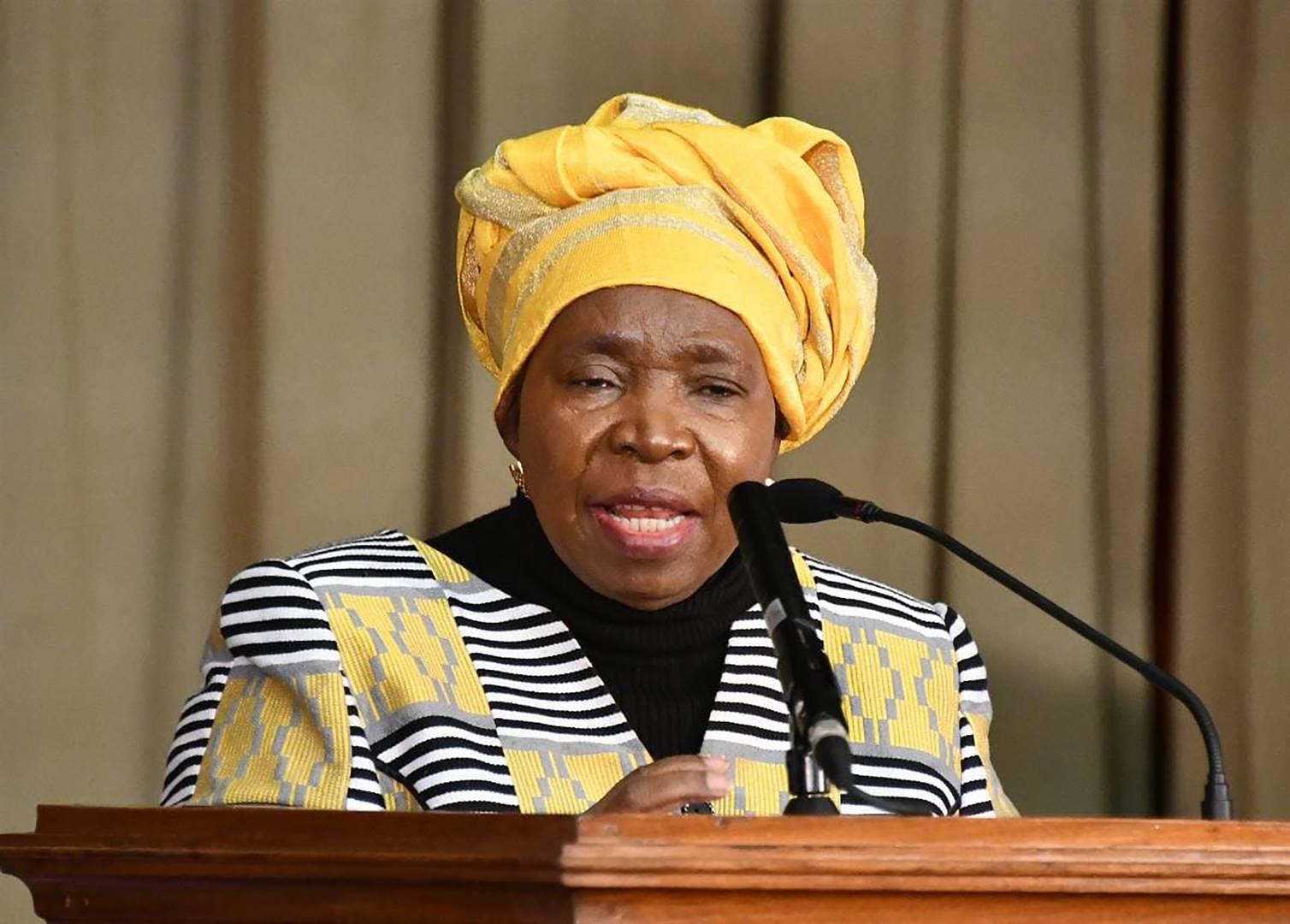Africa-Press – South-Africa. Cooperative Governance and Traditional Affairs Minister Nkosazana Dlamini-Zuma says service delivery is slowing down due to the migration of people from rural to urban areas.
This, she says, is due to apartheid history and spatial planning, as well as the characteristics of the economy.
“The slower pace of delivery in the country over the past eight years can be accounted to the ever-increasing demand and the spread of services to rural and less dense areas.”
Dlamini-Zuma was speaking at the 2022 Local Government Summit in Boksburg, Gauteng, on Tuesday.
The two-day summit focuses on creating an ideal municipality through the District Development Model, which aims to use municipalities to develop the country.
She says that, because of the costs, as well as limited access and service providers in rural areas, the pace of service delivery has slowed down.
In the last eight years, there has been a decline in households accessing water and refuse removal:
“Therefore, we must do more. We must do better in the context of lesser resources, and an ever-increasing demand.
“Due to our apartheid history and spatial planning, as well as the characteristics of our economy, urban municipalities and metros continue to chase a moving target, with services bursting at the seams.”
She said 63% of the population live in urban South Africa – and, if the trend persists, the number will increase to 71% by 2030.
“According to IHS Markit – a research company – cities like Johannesburg and Tshwane have experienced inward migration of 76% and 71%, respectively, since 2001.
“However, South Africa’s migration situation is quite unique, in that most of these urban folk have dual residences, with the primary residence being in rural South Africa.
“This means they temporarily migrate out of the rural areas, out of sheer desperation, to swell the ranks of the urban poor, hungry and unemployed.”
As such, districts like Xhariep in the Free State and Amathole in the Eastern Cape experienced outward migration of 9.5% and 5.4%, since 2001.
The minister said 141 municipalities, which constitute 54% of all municipalities, received unqualified audits in the past financial year, 42% either received qualified, adverse or disclaimed audits, 16% received clean audits, and nine municipalities had outstanding audits.
There has, however, also been some progress in the last eight years:
“The reality is that most municipalities do not have a sufficient income and revenue base to drive developments.
“The majority are impoverished, and most residents are unemployed and reliant on social grants and other low-income livelihood strategies,” she said.
For More News And Analysis About South-Africa Follow Africa-Press






